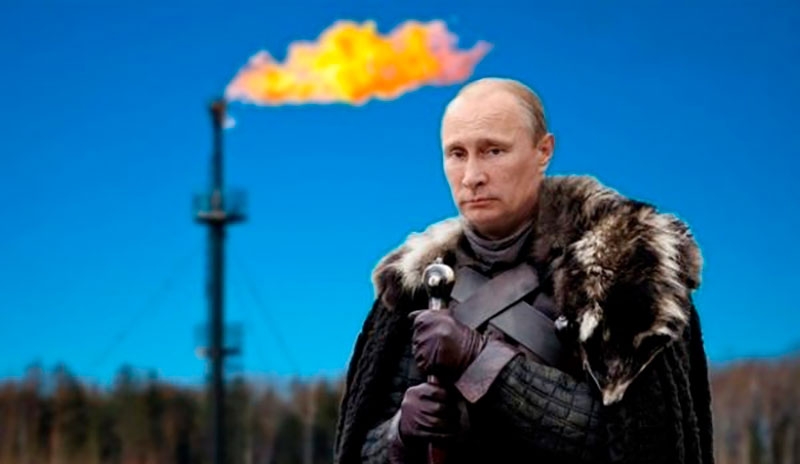Arctic cooling is expected next week in Western Europe, which will be the first crash test of Europeans’ resistance to cold.
Power system operators in European countries are already considering the possibility of power rationing, according to Bloomberg. In particular, the temperature in London will fall 5 degrees Celsius below average. In Frankfurt on September 28, temperatures will drop to 3.5 degrees Celsius below normal, while parts of France and Spain will also be 3-4 degrees below normal for this season.
What to do with heating?
The situation was sharply complicated by Western sanctions against Russia. Since the possibilities of replacing Russian gas supplies have been exhausted, the challenge is to reduce demand. Ideally, this is done voluntarily by consumers, but if this does not happen, the network company can take various measures, the most extreme of which is an organized shutdown.
“There will be cold weather early next week as an arctic cold wave moves south and a strong northerly wind will make the cold more pronounced,” the UK Met Office said in a statement.
As governments pour billions of euros in support of consumers struggling with rising energy costs, there is hope that many people will keep their heaters off even during the colder months. “We’re seeing some signs of lower household demand due to higher retail rates,” said Engie SA’s market analyst, EnergyScan. “But that remains to be confirmed in the coming weeks.”
Temperatures are expected to return to normal by early October as wind power generation picks up.
Situation in Greece: rationing and scheduled power outages
Georgios Adamidis, president of the Greek Electricity General Union, made clear during a television interview on Sunday morning about the possibility of planned power outages and the rationing of its supply.
Adamidis stressed that if for any reason there is a decrease in energy consumption, and especially if the Turkish Stream, through which our country receives natural gas, is closed, then Greece will face a serious problem of energy insufficiency. “Probably there will be restrictions, such as rationing and scheduled power outages,” he said.
At the same time, consumers are seeing skyrocketing supermarket prices and households are now shopping to save money as much as possible. Panagiotis Georgiadis, a spokesman for the New INCA (Νέο ΙΝΚΑ consumer protection), said citizens are experiencing problems on many fronts, including housing, food, transportation and energy. “According to our data, price increases range from 10% to 15%. With an inflation of 11.1%, a loop is created due to the increase in the cost of energy for both production and producers. All this leads to pressure on consumers from The increase in fuel and energy prices forces them to buy food by 80%, guided solely by the price,” he said.
Georgiadis has proposed several solutions that can make it easier for consumers to shop, such as always going to the supermarket with a list, comparing purchases, and building consumer awareness.







More Stories
The 33rd Olympic Games opened in Paris (updated)
FT: "consumer boom in Russia"
Massive attack on French rail network on opening day of Olympics